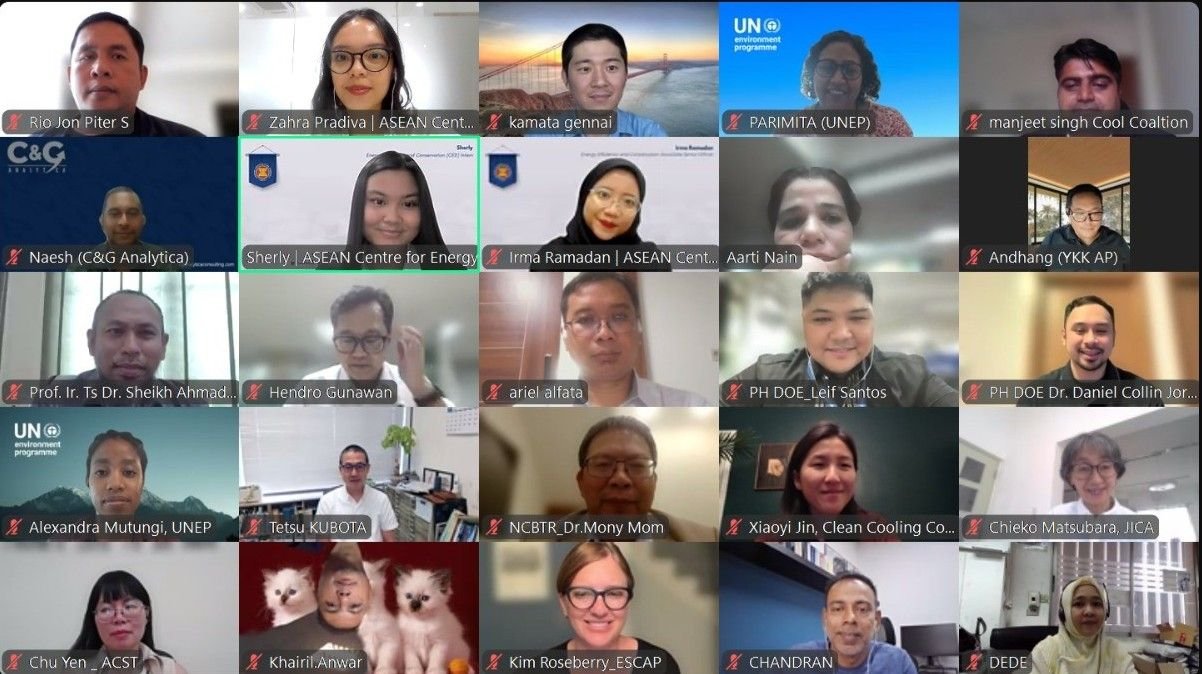ASEAN launches regional roadmap to expand passive cooling strategies
On 30 June 2025, ASEAN countries launched a coordinated initiative to develop a Regional Roadmap for Passive Cooling Strategies (PCS), aiming to reduce reliance on energy-intensive air conditioning and strengthen resilience to extreme heat across Southeast Asia.
The inaugural meeting of the ASEAN Passive Cooling Advisory Group was co-convened by the ASEAN Centre for Energy (ACE) and the United Nations Environment Programme (UNEP) Cool Coalition. The roadmap, titled “ASEAN Passive Cooling Strategies Roadmap – An Inclusive Heat Resilience Approach,” is being developed in partnership with UN Women, UN Economic and Social Commission for Asia and the Pacific (ESCAP), Global Alliance for Buildings and Construction (GABC), and UNEP’s EmPower Program.
Passive cooling measures under consideration include urban forestry, cross-ventilation, reflective surfaces, and climate-responsive architecture. Research by Cool Coalition members, including UNEP, ESCAP, ACE, and the Global Green Growth Institute, indicates that widespread adoption of these strategies could significantly reduce energy demand and greenhouse gas emissions, especially in residential and commercial buildings.
The Advisory Group includes national representatives from ASEAN member states and partners such as JICA, SDC, UN Women, ESCAP, and the Clean Cooling Collaborative, along with industry and academic experts. It will provide technical and strategic guidance for the roadmap, in alignment with initiatives such as the UN Secretary-General’s Call to Action on Extreme Heat, the Global Cooling Pledge, the GABC’s Declaration de Chaillot, and the ASEAN Plan of Action for Energy Cooperation.
Daniel Collin G. Jornales, Chair of the ASEAN Working Group on Buildings from the Philippines, was confirmed as Chair of the Advisory Group, with Professor Tetsu Kubota from Hiroshima University as co-Chair. Members approved the group’s Terms of Reference and outlined a series of consultations, webinars, and workshops to engage stakeholders and identify policy gaps, financing needs, and implementation opportunities.
A regional survey has also been launched to collect input from building occupants, developers, and local authorities on barriers to adoption and the social impacts of heat exposure, particularly for vulnerable groups such as women, children, and low-income households.
The Advisory Group will meet regularly throughout 2025 to refine the roadmap and support inclusive, climate-resilient development across the region.
